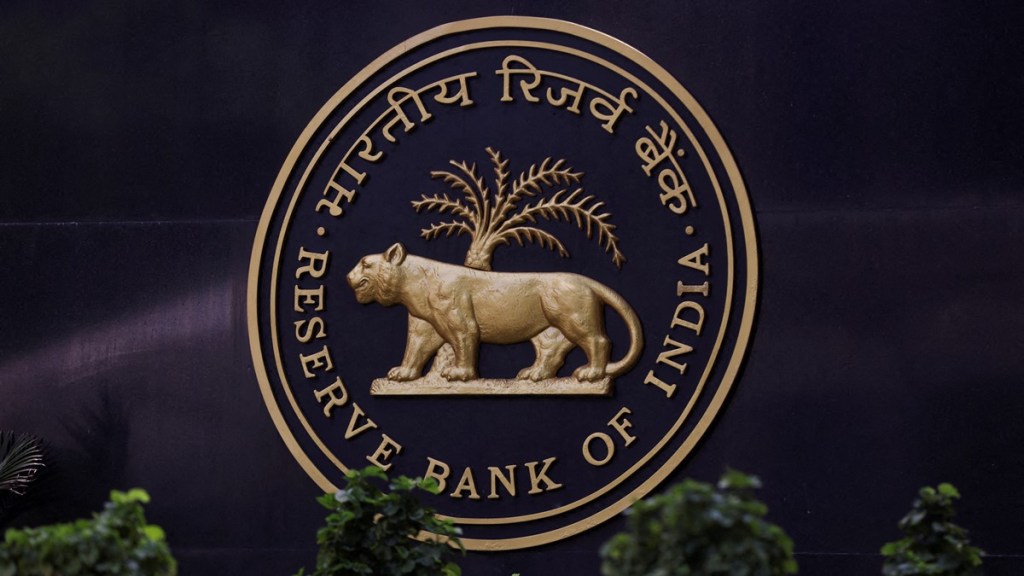The Reserve Bank of India (RBI) on Friday received bids worth Rs 3.92 trillion from banks, against the notified amount of Rs 1.75 trillion, at the variable rate repo (VRR) auction. Unlike the previous seven-day auctions, the RBI extended the tenure of Friday’s auction to 13 days.
“The central bank has extended the tenure of VRR auction to 13 days from seven days because liquidity conditions were expected to improve significantly in January, but it has not happened. Daily deficit numbers are still in Rs 1-Rs 1.5-trillion range,” Madan Sabnavis, chief economist, Bank of Baroda, told FE. If the RBI conducts next VRR auction of the same duration (13-day), it would mean that the central bank expects the tight liquidity condition to remain for a longer period, he added.
The central bank accepted bids at 6.71%, reaching close to the marginal standing facility (MSF) rate of 6.75%. Tight liquidity conditions in the banking system have eased this month compared to December. The liquidity deficit was at Rs 1.62 trillion on Thursday and Rs 1.8 trillion on Wednesday.
The central bank received strong response for its previous VRR auctions, which reflect that banks are still facing fund shortage. In the seven-day auction held last Friday, the RBI had received bids worth Rs 2.77 trillion, against the notified amount of Rs 1 trillion.
The central bank had got bids worth Rs 3 trillion, against the notified amount of Rs 1.25 trillion, in the auction held on December 29. Banks had submitted bids worth Rs 4.25 trillion against the notified amount of Rs 1.75 trillion in the auction dated December 22. A repo auction is conducted by the central bank to inject liquidity into the system.
“The credit growth of banks is high while deposits are growing at a slower pace, so there is a gap between credit and deposit growth. The deficit in the banking system will continue as long as there is a gap between credit and deposit growth,” said the head of treasury of a private bank. “We are in a situation where some banks have a surplus of funds while others have shortage.”


